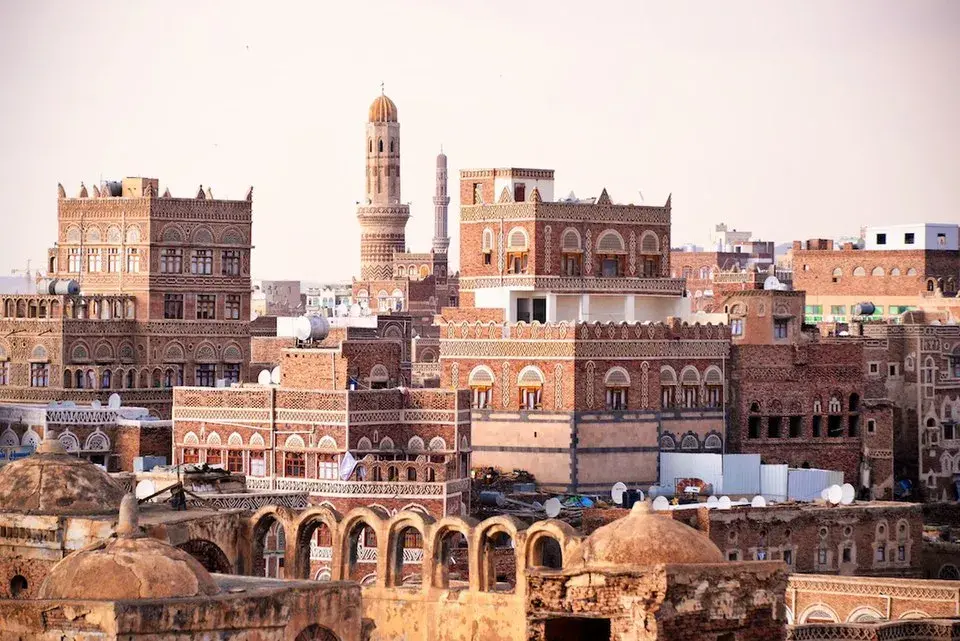As negotiations reach a technical level, Tehran insists on its right to enrich uranium while warning against threats from Washington.

Iranian President Masoud Pezeshkian said Saturday that his country would continue negotiations with the United States over its advancing nuclear program, but made clear that Tehran would not give up its core rights in the face of U.S. threats.
“We are negotiating, and we will continue to negotiate. We are not seeking war, but we do not fear any threat,” Pezeshkian said in a speech to navy officers broadcast by state television.
“It’s as if they think threats will make us surrender our human and legitimate rights,” he added. “We will not retreat. We will not relinquish our military, scientific, and nuclear honor.”
Talks have progressed to the “expert level,” indicating that both sides are attempting to hammer out the technical details of a potential agreement. Yet a key obstacle remains: Iran’s uranium enrichment activities. Tehran insists on maintaining its enrichment rights, while former President Donald Trump has renewed his demands that the program be fully dismantled.
Trump, during a regional visit this week, reiterated his longstanding threat to launch airstrikes against Iranian nuclear sites if an agreement is not reached. Iranian officials have responded with increasingly open warnings that the country’s uranium stockpile could be weaponized if negotiations collapse.
On Friday, Trump acknowledged that a proposal had been made to Tehran during the talks, though he offered no details.
Throughout his trip, Trump emphasized that Iran must never acquire a nuclear weapon—a stance shared by U.S. intelligence agencies, which maintain that Tehran is not currently seeking one, but warn that its program is nearing weapons capability.
Mohammad Eslami, head of Iran’s atomic agency, defended the peaceful nature of the nuclear program and highlighted the extensive monitoring conducted by the International Atomic Energy Agency (IAEA).
“No country is monitored by the agency as much as we are,” Eslami said on state TV, noting that the IAEA carried out over 450 inspections in 2024 alone. “That’s about 25 percent of all IAEA inspections globally.”
Meanwhile, Israel has threatened to carry out unilateral strikes on Iranian facilities if it perceives a direct threat, further heightening tensions in a region already destabilized by the war in Gaza.
In his first public response to Trump’s regional tour, Iran’s Supreme Leader Ayatollah Ali Khamenei dismissed U.S. rhetoric about promoting peace through strength.
“Trump said he wants to use power for peace. He lied,” Khamenei said during a televised meeting with educators. “The U.S. used its power to massacre people in Gaza and to wage war wherever it could.”
Khamenei accused Washington of supplying 10-ton bombs to Israel “to drop on Gaza’s children, hospitals, homes in Lebanon, and wherever else they can.”
He also renewed his harsh condemnation of Israel, calling it “a deadly, dangerous, cancerous tumor” that “must and will be eradicated.” He further claimed that Arab nations were constrained by a U.S.-imposed model under which they could not act independently.
“This model has failed,” Khamenei said. “With the efforts of the region’s nations, the U.S. must leave the region—and it will.”
Tehran has long viewed the U.S. military presence in the Middle East as a threat, particularly since Trump unilaterally withdrew from the 2015 nuclear agreement in 2018 and reimposed crippling sanctions on Iran.
Keep Independent Journalism Alive
In a world flooded with noise, independent journalism is more vital than ever. We work hard to bring you clear, accurate, and unbiased international news — free from corporate or political influence.If you believe in the power of honest reporting, please consider making a donation. Every contribution, big or small, helps us stay independent and keep the world informed.
Support us via PayPalYour support makes a difference.


